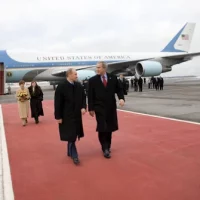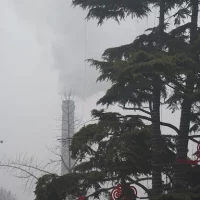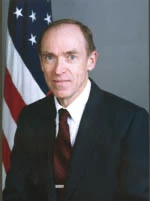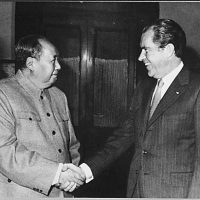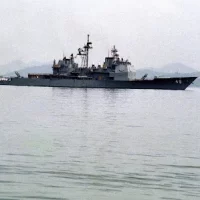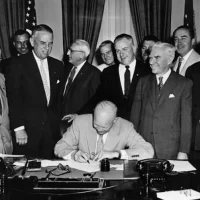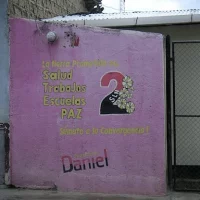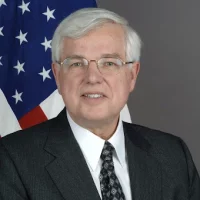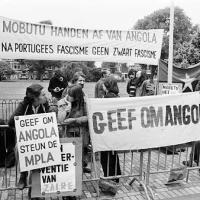The U.S. State Department is renowned for its diplomacy and foreign policy. However, it is recognized less for its educational programs. FSO Michael Korff worked alongside his fellow United States Information Agency colleagues to help make education and cultural affairs a more prominent aspect of diplomacy. Korff worked as a middleman between Washington and New… Read More "The Audio-Visual Program in Madras"
After George W. Bush’s 2006 meeting on the tarmac with Vladimir Putin, he famously declared “I looked the man in the eye, I found him to be very straightforward . . . and trustworthy . . . . I was able to get a sense of his soul.” So did Foreign Service Officer Robert Andrew,… Read More "Vladimir Putin’s “Icy Cold Glare”"
In addition to implementing U.S. foreign policy and expanding diplomatic relations, the State Department plays another very important role as a trusted resource that American citizens abroad depend on for guidance when it comes to handling safety concerns. Foreign Service Officers who focus on the environment can sometimes find themselves in tricky situations when there… Read More "Environmental Issues: Tackling Air Pollution in Beijing"
Mongolia—sparsely populated, largely nomadic, and surrounded by nuclear superpowers. The end of the Cold War could not have been the easiest of times for Mongolia. With over 250 sunny days per year, the “Land of the Eternal Blue Sky” was very much uncharted diplomatic territory. Mongolia’s close geographic and diplomatic ties with the Soviet Union… Read More "The First Diplomatic Visit in Forty Years to the “Land of the Eternal Blue Sky”—Donald C. Johnson’s 1984 Visit to Mongolia"
“There is a sentiment that…we need to contain China to balance off its aggressiveness. That would be a disaster.” A former ambassador, China hand, and Hong Kong’s consul general expected the China–Taiwan issue to resolve naturally, uninflamed by US interference. In the 1970s, Ambassador Burton Levin’s cables advised high-level policymakers to avoid containment of China… Read More "China Invades Taiwan? No Chance!"
Elizabeth Jones became the U.S. Ambassador to Kazakhstan in 1995. On July 3, 1988 an Iran Air flight was making its way to Dubai from Tehran. However, the plane never reached its destination. It was struck down, and the repercussions of this accident lasted through the years of Jones’ Ambassadorial assignment. In 1988, a war… Read More "Trying to Negotiate with the Iranians"
Annually, as a sign of respect, Americans observe a moment of silence at the 11th hour of the 11th day of the 11th month, November. At that moment in 1918, the fighting ended on the Western front, and on November 11, 1921, the United States buried an unknown American soldier who died in World War… Read More "From Armistice Day to Veterans Day: Honoring Veterans Who Became U.S. Diplomats"
Few events illustrate the challenges of American diplomacy like a foreign election. Diplomats walk a fine line between promoting American interests and democratic values and respecting the will of the people. That is hard when there are seemingly no good options. Such was the case in 2006—when Nicaragua elected Daniel Ortega, leader of the Sandinista… Read More "The Sandinistas Return: Navigating the 2006 Nicaraguan Election"
In 1978, the Carter administration passed the Airline Deregulation Act, which deregulated the airline industry, stripping away federal control of a number of important functions such as creating new airlines, setting airfares, and establishing new routes. Before this act, the federal government’s Civil Aeronautics Board (CAB) regulated the routes of airlines that flew internationally and… Read More "Pan Am and the Airline Deregulation Act of 1978"
After World War II, the idea of imperial colonization became increasingly stigmatized. Decolonization in Africa sometimes resulted in political power vacuums. Multiple groups and individuals, both inside and outside the continent, sought to reclaim this power as their own. For example, the departure of the Portuguese in Angola also fuelled guerilla warfare across the newfound… Read More "A Struggle for Power: Decolonization in Africa"


